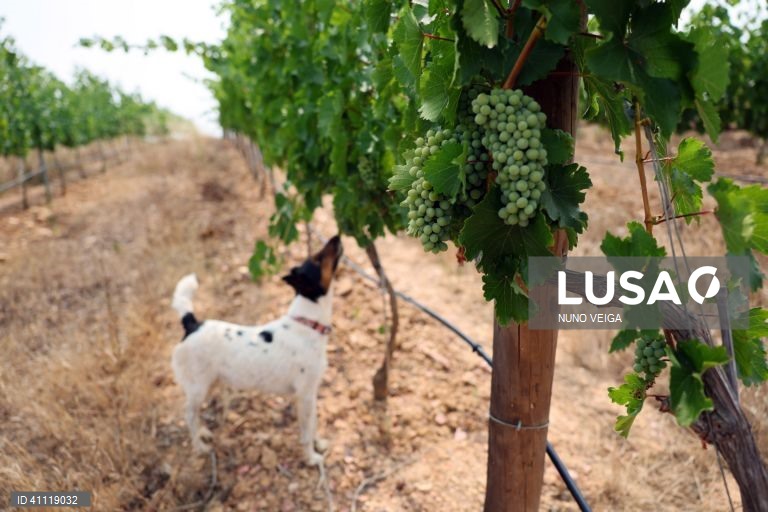Gil do Carmo's Musical Protest Against Lisbon's Transformation
In his new album "Mediterrâneo," musician Gil do Carmo channels his frustration with Lisbon's loss of soul due to real estate speculation and gentrification. The artist describes feeling "angry with Lisbon," which he sees as increasingly indistinguishable from other European capitals.
The Creative Journey Behind the Album
After his previous album "Sê" (2022), which involved extensive technology and collaboration, Carmo felt the need to pause and embrace simplicity. "Mediterrâneo" emerged from this process of "stripping back and simplicity," born from his discontent with the city's transformation.
The album's first composition, "Playground," directly criticizes Lisbon's real estate speculation and gentrification, where he refers to digital nomads as "marialvas tecnocratas" (technocratic snobs). This track set the tone for the entire project.
Personal Connection and Geographical Shift
Carmo constructed the album in the Oeste region, where he now lives near Sobral de Monte Agraço, having left Lisbon's Madragoa neighborhood. He describes Madragoa as an ancestral typical neighborhood near the river that now features "Feng Shui studios" and forced longtime residents like "D. Celeste" to move away.
Cultural Influences and Musical Exploration
The 52-year-old musician explores Portugal's 600-year history with southern influences, particularly the cultural miscegenation with Arab and North African traditions. In the song "No dia em que o Sahara (chegar ao Tejo)," he incorporates traditional Arabic vocal styles, describing it as a "shamanic chant, an alert, a beginning."
Carmo acknowledges the influence of Spanish "cantautor" Joan Manuel Serrat, whom he's listened to since childhood, and views the Mediterranean as "a sea of cultural confluences."
Artistic Independence and Critical Reception
This marks the first album Carmo created entirely alone - "from A to Z" - without partnerships. Writer Valter Hugo Mãe, who contributed text to the CD booklet, describes the work as "beautiful, elegant, and intelligent," calling it "so mature" and praising Carmo's "mestizo music."
Political Stance and Social Commentary
Carmo openly admits the album's critical tone toward contemporary society: "It's natural for an artist to have a political position. Everything is political." He sees his work as a form of protest and a wake-up call to Lisbon residents about "the madness, the insanity of what's happening to our wonderful and beautiful city."
He argues it's "criminal" that "we're trying to sell the soul of a Lisbon that no longer exists," criticizing how "suddenly these people with much more money than Portuguese arrived, very friendly, and Lisbon was taken by storm by these technocrats who barely speak Portuguese."
Broader Social Concerns
Beyond Lisbon's transformation, Carmo addresses the migrant crisis in the Mediterranean in "No Dia em que o Sahara," questioning European responsibility toward North African peoples: "We've been plundering Africa for years and years. What responsibility do we have for what we did to all North African peoples?"
He rejects the concept of "refugee" as otherness, stating: "We are all refugees. Refugee is nobody's land. We are all citizens of the world."
The Search for Silence and Meaning
The album includes the track "No Silêncio Mora a Música" (In Silence Dwells Music), which reflects Carmo's need to escape "the city's hustle" where he lived for nearly 50 years. He found that in the silence of the Oeste region, music truly emerges.
Carmo describes himself as a "nomad of myself," explaining that being nomadic means "carrying our cultural baggage permanently on our backs, searching for a greater sun, a better day."
Musical Evolution and Final Thoughts
The album represents Carmo's search for a contemporary approach and cultural miscegenation, naturally evolving toward jazz, which he describes as his roots. His ultimate goal: "I wanted a beautiful melody and a beautiful poem to reach people."
Valter Hugo Mãe concludes that the songs feel "so made of the same taste and the same love. Genuine and secure, perfect. Perfect songs for us to leave and return just by listening to them."














Comments
Join Our Community
Sign up to share your thoughts, engage with others, and become part of our growing community.
No comments yet
Be the first to share your thoughts and start the conversation!